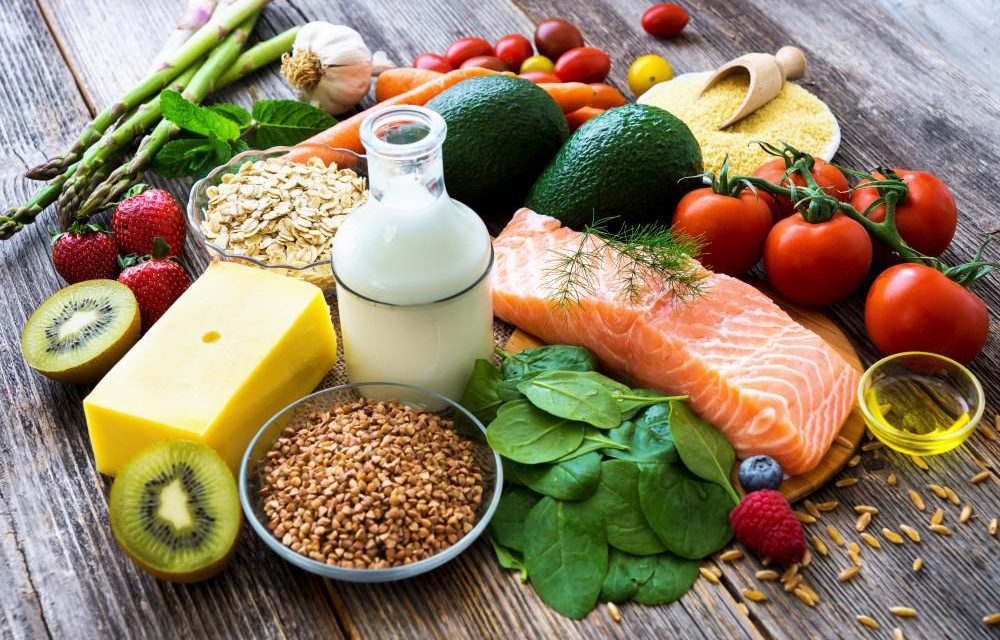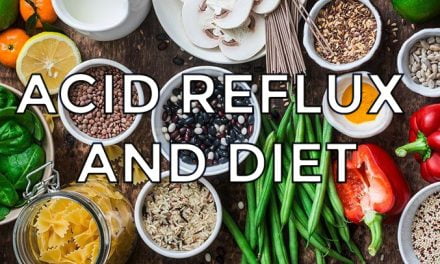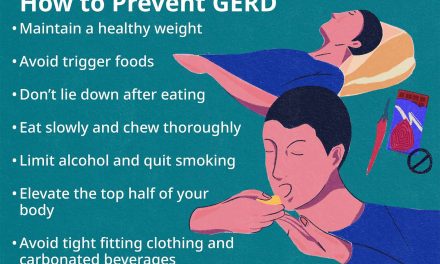The esophageal sphincter, a muscle-based tube that permits food to enter the stomach and then tightly closes to prevent it from regurgitating, is a key player in safeguarding the esophagus from stomach acid. However, when this sphincter relaxes, food can ascend through the widened opening, leading to acid reflux.
A significant part of managing acid reflux symptoms lies in dietary choices, which is why diet is often the first line of defense employed for individuals diagnosed with GERD, as highlighted by gastroenterology specialists.
Foods That Can Trigger Acid Reflux
Certain foods are notorious for triggering heartburn due to their propensity to relax the esophageal sphincter and slow down the digestive process. This delay allows food to remain in the stomach for an extended period, which can exacerbate acid reflux. Some of the most problematic foods are those high in fat, salt, or spice, including:
- Fried food
- Fast food
- Pizza
- Potato chips and other processed snacks
- Chili powder and pepper (white, black, cayenne)
- Fatty meats such as bacon and sausage
- Cheese
In addition to these, certain other foods can trigger similar issues. These include:
- Tomato-based sauces
- Citrus fruits
- Chocolate
- Peppermint
- Carbonated beverages
Managing Acid Reflux Through Dietary Choices
While these foods may exacerbate acid reflux, it’s important to remember that moderation is key. Completely eliminating these foods may not be feasible or desirable for many individuals. Instead, try to moderate the consumption of these potential problem foods, particularly later in the evening closer to bedtime. This can help prevent these foods from remaining in your stomach and triggering acid reflux when you lie down at night.
Moreover, adopting a pattern of eating smaller, more frequent meals instead of larger, heavier ones can also help manage acid reflux symptoms. It’s also recommended to steer clear of late-night dinners and bedtime snacks, which can give rise to discomfort and disrupt sleep due to acid reflux.





